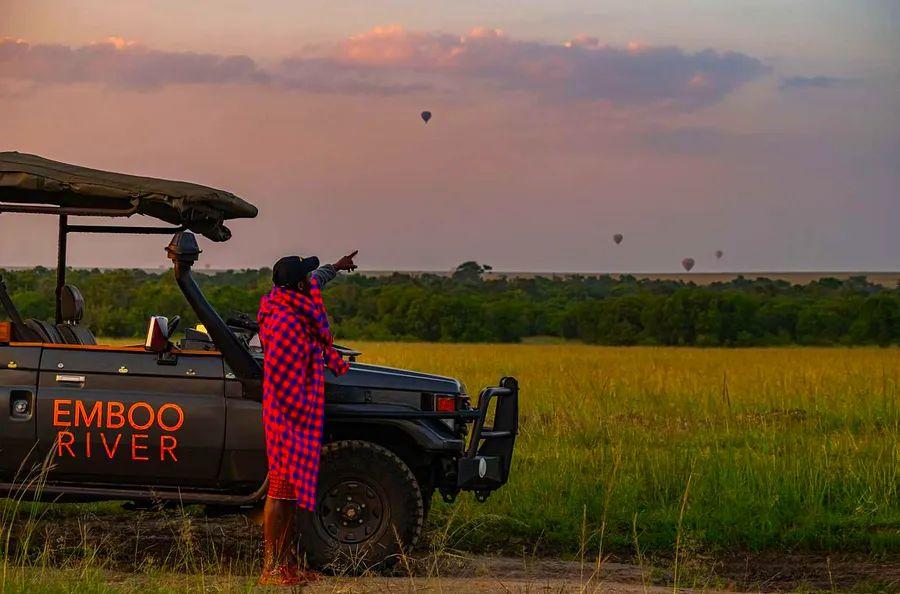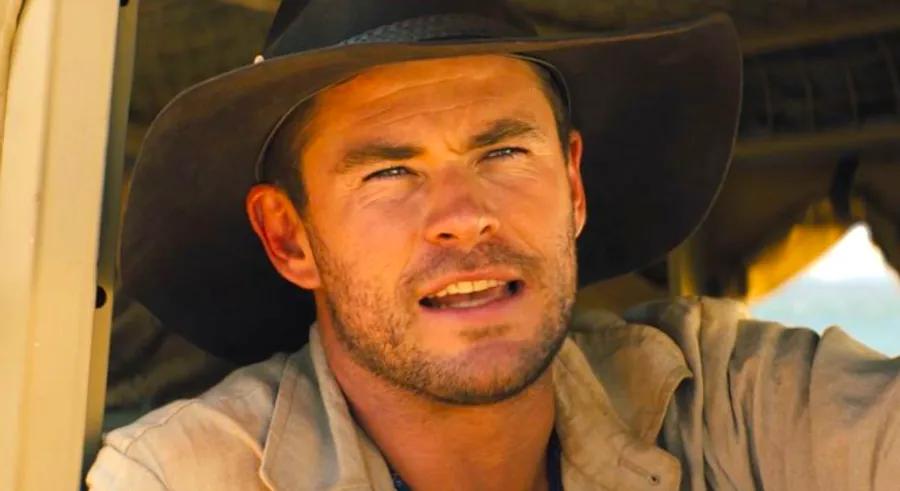Electric Vehicles Are Transforming Safaris in Kenya

Witnessing a cheetah stalk its prey illustrates that even the swiftest creature on the plains relies on patience and stealth. If you're fortunate enough to track a big cat while on safari, you'll find that the pursuit requires the same quiet endurance—until the serenity is shattered by the thunderous roar of your diesel-powered Land Cruiser.
Introducing the electric safari vehicle, an eco-friendly innovation poised to revolutionize the safari experience in Kenya, while aiding in the preservation of the fragile ecosystems that attract around two million tourists annually.
Electric safari vehicles are the latest addition at select camps throughout Kenya, promising to protect the environment and enrich the safari experience with their near-silent operation. As of early 2021, Nairobi's Opibus converted ten diesel Land Cruiser safari vehicles to electric power.
'We utilize solar power to convert vehicles, creating an off-grid safari system that operates independently of its surroundings,' explains Albin Wilson from Opibus. 'From a sustainability perspective, it's monumental.' After converting a safari vehicle, it charges at a solar panel station, eliminating the need for fuel consumption or reliance on diesel transported into Kenya's nature conservancies and stored in underground tanks that risk leakage.
 Image courtesy of Opibus
Image courtesy of OpibusWilson highlights that retrofitting existing vehicles instead of manufacturing new electric ones is a long-term cost-saving measure. 'You can enhance your current fleet and extend the lifespan of existing vehicles,' he explains. 'This approach avoids landfill waste, making it more financially viable and sustainable overall.'
It’s simply a superior way to experience a safari.
Continuing our feline theme, if a conventional safari vehicle roars and an Italian sports car hums, then an electric safari vehicle glides effortlessly. As the 4x4 traverses the vast expanses of the Maasai Mara, the only sound is the gentle wish-swish of grass brushing against its metal sides as you silently approach a cheetah feasting on an antelope carcass. The vehicle is so quiet that the cat remains undisturbed.
'It's incredibly exciting to get closer to wildlife without any noise or emissions — it's simply fantastic,' remarks William Partois Ole Santian, the manager and co-owner of Emboo River Camp in the Maasai Mara, the first camp in the area to convert its entire fleet to electric. 'This is precisely what the Mara requires right now: eco-conscious individuals who are mindful of their impact on the wilderness.'
 Brian Siambi
Brian SiambiPartois Ole Santian, a native of the Mara, witnessed firsthand how tourism can serve as both an economic lifeline and a potential threat to the land and wildlife that attract so many visitors. 'There are now more camps than ever,' he observes. 'The landscape is changing, with increased land use and human activities in the Mara.'
He began his career as a night guard, escorting tourists to their tents after dark, guiding them with a flashlight to avoid any unwelcome hippos or other dangers. He then transitioned to being a room steward, worked in the kitchen, and after completing safari guiding school, became a spotter and eventually a certified guide.
When he launched his own camp with two partners, he was determined to take a different approach, starting with shifting away from the usual obsession with the Big Five (lions, buffaloes, leopards, rhinoceroses, and elephants) that safari enthusiasts are often urged to pursue. The term Big Five originated with hunters and reflects colonial legacies; Partois Ole Santian redefined it to the Big 20, highlighting some of the Mara's most beautiful yet lesser-known species, like the painted wolf and the lilac-breasted roller. He and his partners also committed to eliminating single-use products at the camp and ensuring everything was eco-friendly, from cleaning agents to dishwashing pads.
They also set out to achieve something unprecedented: a fully electric fleet powered by solar energy.
'Now, we’re demonstrating this within my community. People are curious and eager to learn how we accomplished this,' says Partois Ole Santian.
Indeed, whenever Emboo River’s electric safari vehicles pull up next to traditional diesel ones, curious tourists and professional photographers often lean out to verify what they’re witnessing (and not hearing). Many capture images of the Land Cruiser's side, which proudly displays the Emboo camp logo in orange along with the title '1st Electric Safari Vehicle in the Maasai Mara.' Roaming the plains, inhaling fresh air, and enjoying the serene sounds of birds chirping and grass crunching under elephant feet provides an unmatched experience that starkly contrasts with the noisy diesel vehicles that leave a trail of fumes.
 Pie Aerts
Pie AertsEmboo is a pioneer, but it’s no longer standing alone. Other camps in the Maasai Mara are beginning to follow its lead, gradually converting their older vehicles. Lewa Wilderness in northern Kenya's Lewa Wildlife Conservancy was the first to introduce an electric vehicle into its fleet and continues to offer all-electric safari experiences.
Moreover, Opibus is not just focused on safaris; the company is also in the process of launching electric motorbikes, which are a popular mode of transport in urban areas, along with electric matatus, the buses that dominate Kenya's public transport system. All construction and retrofitting occurs locally, creating jobs in Nairobi, with 85% of employees being Kenyan.
Currently, the all-electric fleet distinguishes Emboo from most other camps in the Mara. However, Partois Ole Santian is optimistic that this will soon change.
'Being local and originating from here, it's incredibly fulfilling to be where we are now — to demonstrate that this is achievable,' he says. 'The Mara has a light at the end of the tunnel. One day, we’ll return to the way things were 50 or 60 years ago.'

1

2

3

4

5
Evaluation :
5/5